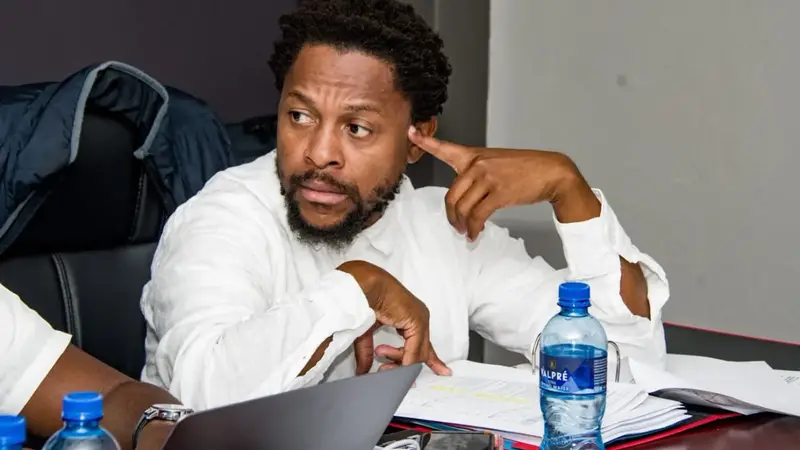Former Economic Freedom Fighters (EFF) spokesperson Mbuyiseni Ndlozi has publicly defended Julius Malema against recent criticisms, while also offering insights into South Africa’s international relations and technological developments in the region.
Defense of Julius Malema
In response to derogatory remarks made by Patriotic Alliance deputy president Kenny Kunene, who labeled Malema as a “small boy” and “pest,” Ndlozi emphasized the importance of revolutionary expression. He defended the controversial struggle song “Dubuli Bhunu” (“Kill the Boer”), asserting that it is a significant part of South Africa’s heritage and not indicative of racial hatred. Ndlozi highlighted that prominent struggle figures, including Winnie Madikizela-Mandela and Peter Mokaba, who sang such chants, did not harbor animosity towards white individuals.
U.S.–South Africa Relations and the ‘PayPal Mafia’
Discussing the strained relations between Pretoria and Washington, Ndlozi pointed to influential South African-born businessmen, often referred to as the “PayPal Mafia,” including Elon Musk, Peter Thiel, David Sacks, and Roelof Botha. He suggested that these individuals have the ear of the Trump administration, potentially impacting U.S. foreign policy towards South Africa. Ndlozi also noted that South Africa’s significant platinum exports, which were exempted from recent U.S. tariffs, serve as a strategic advantage in maintaining diplomatic balance.
Starlink’s Expansion into Lesotho
Addressing Elon Musk’s Starlink venture, Ndlozi commented on its recent licensing in Lesotho. He speculated that the South African government’s refusal to bypass Black Economic Empowerment (BEE) policies for Starlink’s operations may have influenced Musk’s decision to launch in Lesotho instead. Ndlozi expressed skepticism about the financial viability of the Lesotho deal for Starlink but acknowledged that it could benefit Lesotho, especially after the country faced significant tariffs following China’s establishment of manufacturing plants there.
Ndlozi’s remarks shed light on the complexities of South Africa’s internal politics, its international relationships, and the challenges of balancing heritage, economic interests, and technological advancement.



